Introduction:
Sleep paralysis is a phenomenon that has intrigued and bewildered people for centuries. Imagine waking up from a peaceful slumber only to find yourself unable to move, as if an invisible force is holding you down. This eerie experience, known as sleep paralysis, has spawned various interpretations and theories attempting to explain its root causes. In this comprehensive guide, we’ll delve into the enigmatic world of sleep paralysis, exploring the factors that trigger this phenomenon and shed light on its common interpretations.
1.1: Understanding Sleep Paralysis:
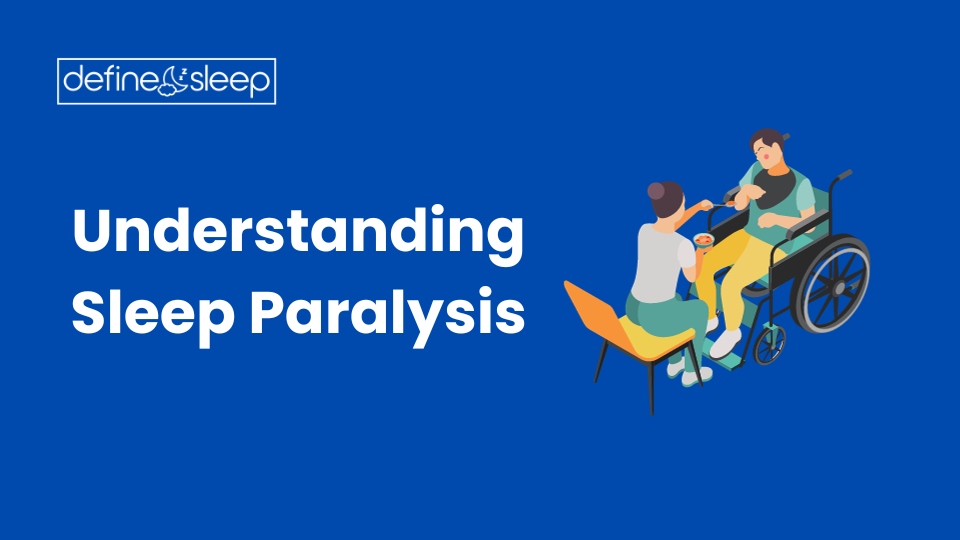
Before we unravel the causes, we must understand what sleep paralysis is.Sleep paralysis is a common experience where one may feel temporarily immobile while transitioning into or out of sleep.. It occurs when the body is not able to transition between sleep stages smoothly, leaving the person aware but unable to move or speak for a brief period of time. It often goes hand-in-hand with vivid hallucinations and a sense of impending doom. While the experience can be unnerving, it is usually harmless and lasts for a brief duration.
1.2: The Role of Sleep Cycles:
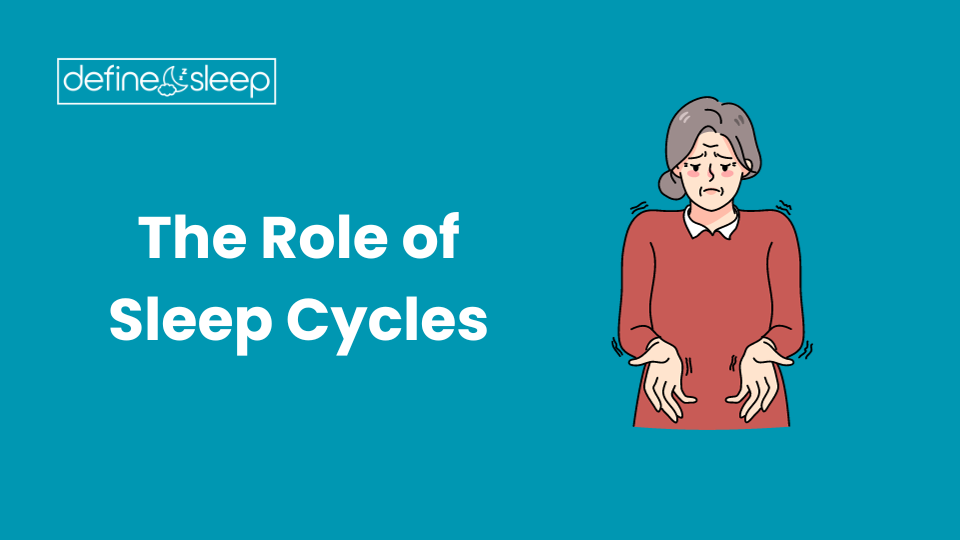
One of the primary triggers of sleep paralysis lies in the intricate dance of sleep cycles. In sleep, our bodies transition through various stages, including REM (Rapid Eye Movement) and non-REM sleep. Sleep paralysis often occurs during the REM stage, where dreaming is most intense. The brain sends signals during REM sleep to inhibit muscle movement and prevent physical activity during dreams. Sometimes, this inhibition lingers as we wake up, resulting in the sensation of paralysis.
1.3: Sleep Deprivation and Irregular Sleep Patterns:
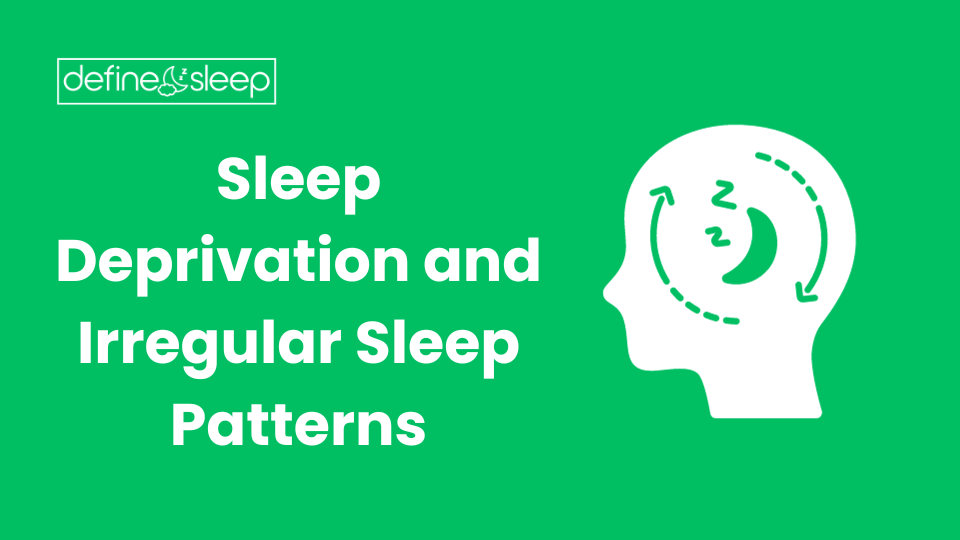
Another common culprit behind sleep paralysis is sleep deprivation and irregular sleep patterns. Many individuals find themselves sacrificing sleep for various commitments in today’s fast-paced world. Did you know that disturbing your natural sleep-wake cycle can substantially raise the chances of experiencing sleep paralysis episodes? Keeping a consistent sleep schedule is crucial to avoid sleep paralysis, a distressing condition. So, make sure you prioritize your sleep routine and avoid any disruptions to your sleep patterns. Ensuring a consistent and adequate sleep schedule is crucial in minimizing the risk.
1.4: The Intricate Web of Stress and Anxiety:
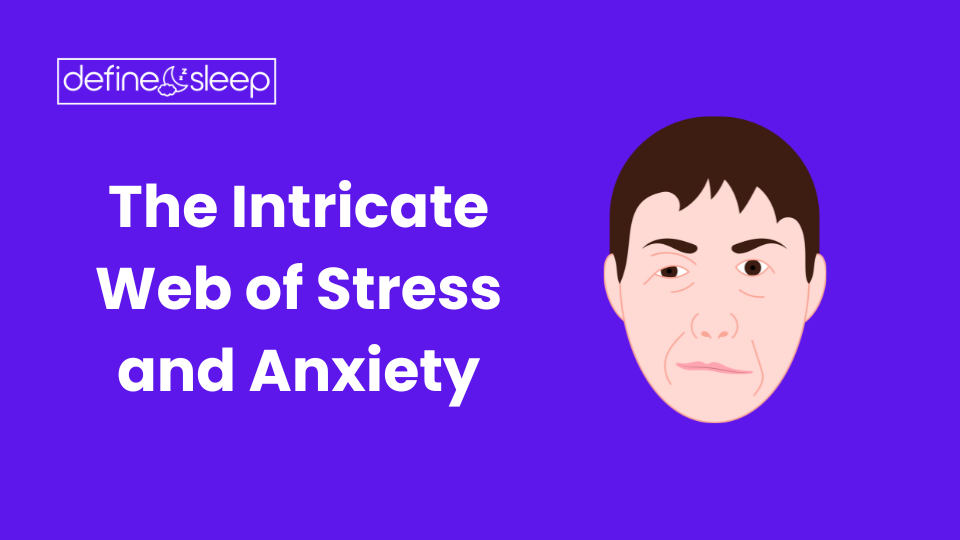
Stress and anxiety act as powerful catalysts for sleep paralysis. The demands of modern life can contribute to heightened stress levels, disrupting the delicate balance required for restful sleep. When the mind is overburdened with worries, it becomes more susceptible to sleep disturbances, including paralysis episodes.
1.5: The Supernatural and Cultural Perspectives:
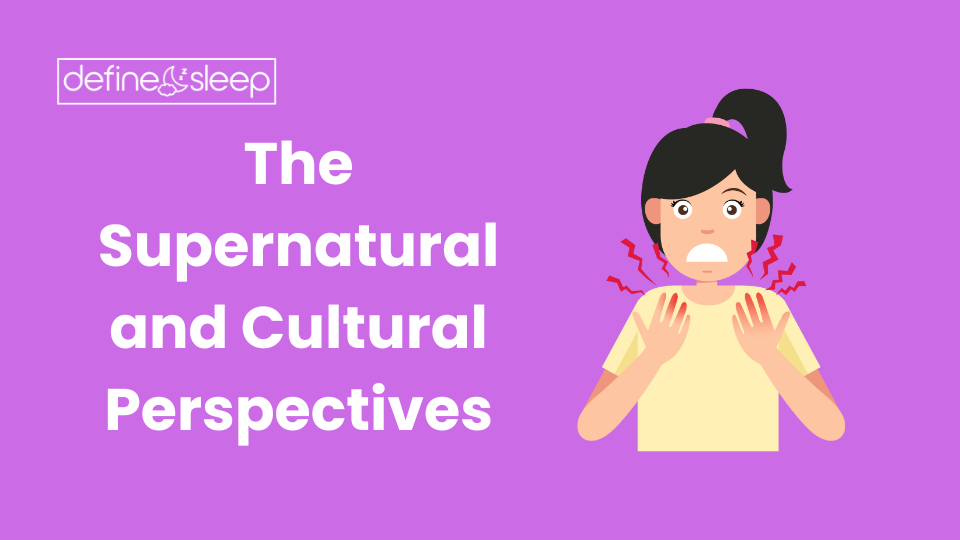
Throughout history, various cultures have attributed sleep paralysis to supernatural forces. From tales of evil spirits sitting on one’s chest to folklore about nocturnal demons, the human imagination has woven a rich tapestry of explanations. While these cultural interpretations may not align with scientific understanding, they offer a fascinating glimpse into how different societies have grappled with the mysterious nature of sleep paralysis.
1.6: Medical Conditions and Sleep Disorders:
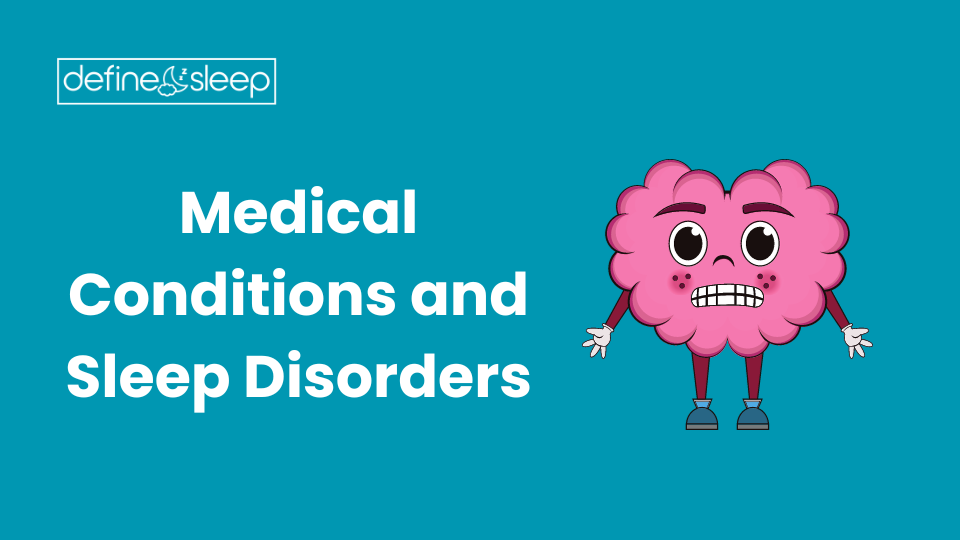
In some cases, sleep paralysis can be a symptom of underlying medical conditions or sleep disorders. Conditions such as narcolepsy, insomnia, and sleep apnea have been linked to an increased risk of experiencing sleep paralysis. Consulting with a healthcare professional is crucial for individuals facing recurrent episodes, as addressing the underlying health issues is paramount in managing and preventing future occurrences.
Conclusion:

In conclusion, the causes of sleep paralysis are multi-faceted, intertwining elements of our sleep cycles, lifestyle choices, and psychological well-being. While the experience may be disconcerting, understanding the factors can empower individuals to take proactive steps toward better sleep hygiene and overall health. Whether viewed through a scientific lens or steeped in cultural lore, sleep paralysis remains a fascinating aspect of the human experience—one that continues to captivate and mystify us as we navigate the realms of dreams and wakefulness.
FAQ

1Q: Is sleep paralysis harmful, and should I be concerned if I experience it?
Sleep paralysis is generally harmless and a common occurrence. It often results from the natural inhibition of muscle movement during REM sleep. However, if you experience recurrent episodes or severe distress, consulting a healthcare professional is recommended to rule out underlying medical conditions.
2Q: Can sleep paralysis be prevented, and are there lifestyle changes that help reduce its occurrence?
Yes, specific lifestyle changes can minimize the risk of sleep paralysis. Maintaining a consistent sleep schedule, practicing stress-reduction techniques, and ensuring adequate sleep are crucial.
3Q: Are there cultural or supernatural explanations for sleep paralysis, and do they hold any scientific merit?
Throughout history, various cultures have attributed sleep paralysis to supernatural forces. While these interpretations may not align with scientific understanding, they offer insight into cultural beliefs. Scientifically, sleep paralysis is primarily linked to sleep cycles, stress, and lifestyle factors
Help From ChatGPT 4

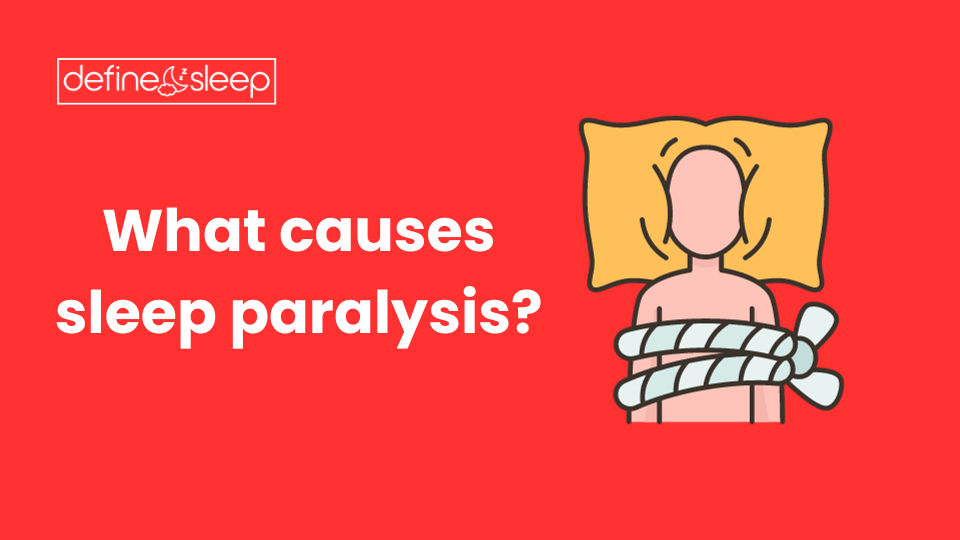


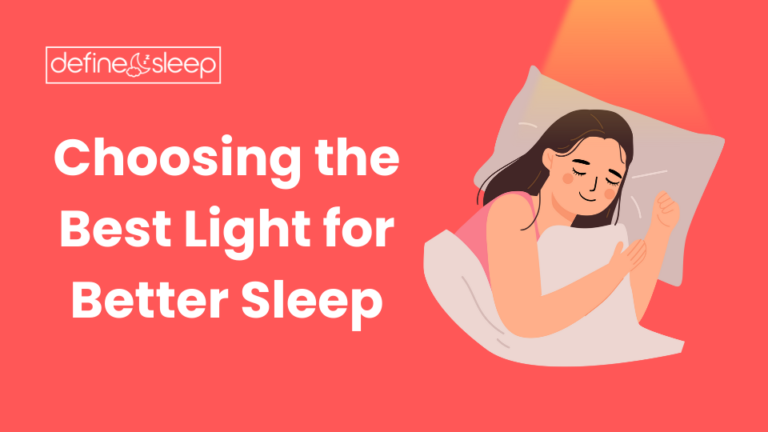
Fantastic site A lot of helpful info here Im sending it to some buddies ans additionally sharing in delicious And naturally thanks on your sweat